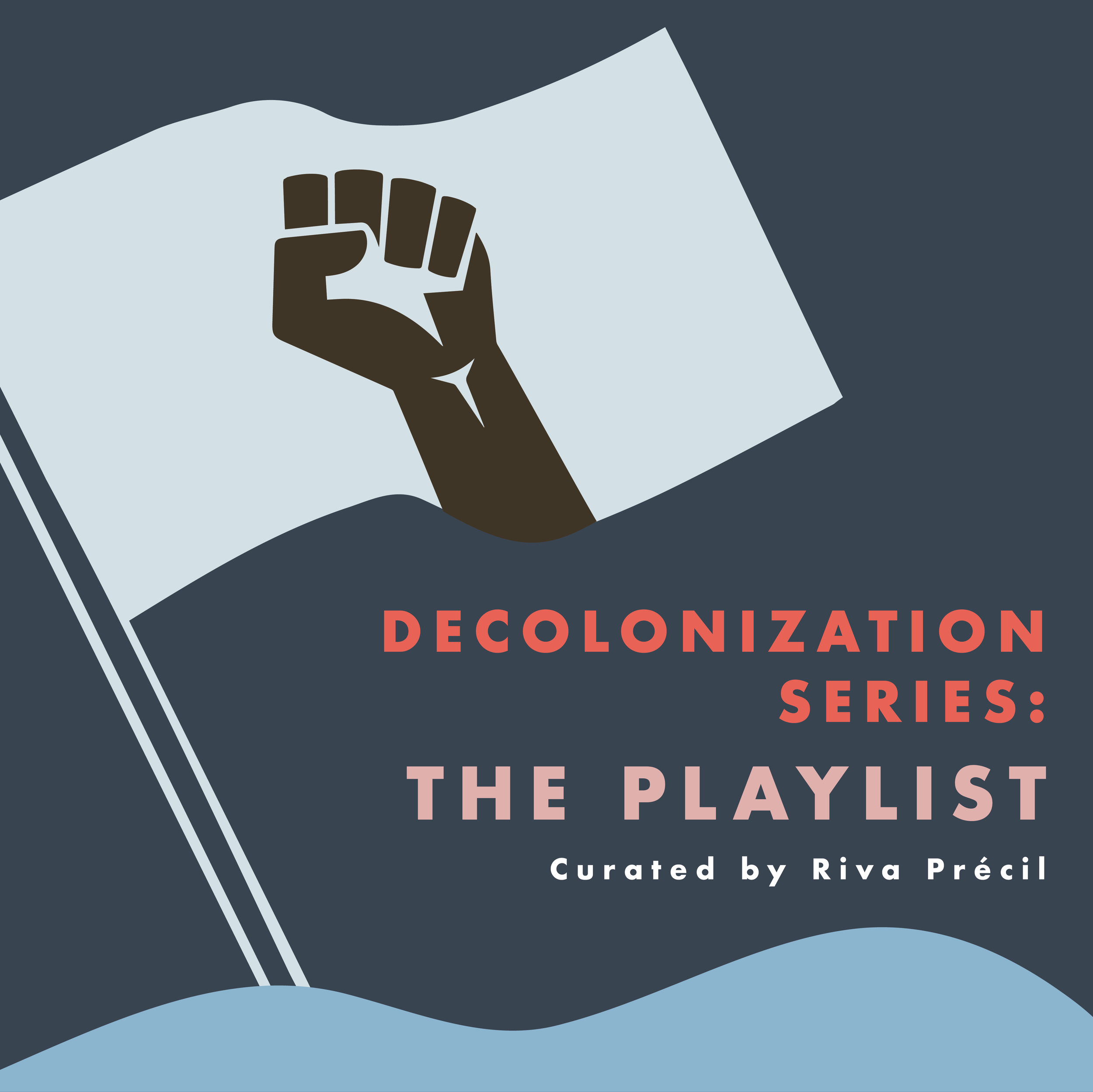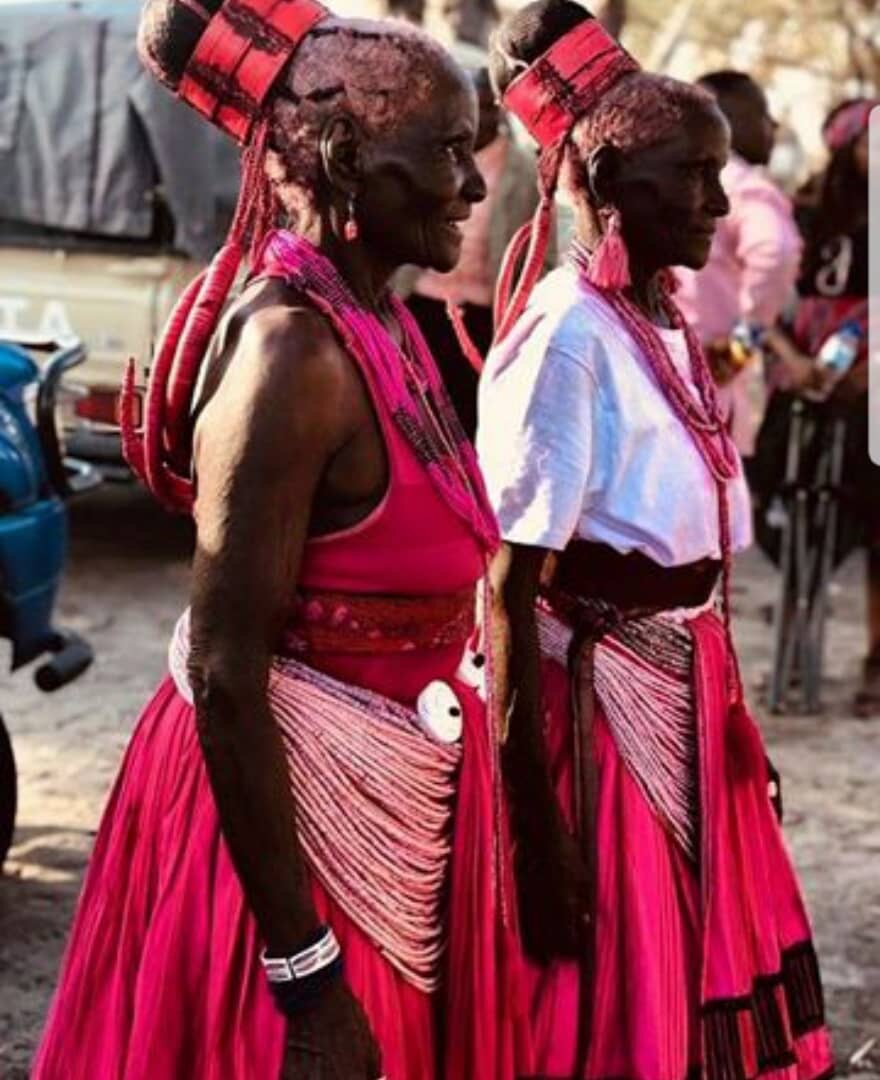“You must also understand the root causes of why Haiti is the way it is and have a clear vision of how to contribute to change. You need to understand the effects of slavery and colonial trauma....Haiti is a very deep and complex country but once you come to understand what is going on you can get to work and have deep purpose and hope in your life in Haiti.”
The Wading through the storm series has been nothing but a breath of inspiration. Seeing how so many Haitians are deciding to stand tall in the middle of the storm and take action reminds us all of the strength that lies within us all to not only face difficulties but create new and beautiful things from them.
We had the pleasure to virtually sit down and be inspired by Louis Henri Mars, the heart behind Lakou Lapè, a community engaged in conflict transformation through dialogue and mutual understanding. We left this interview inspired and motivated to do our best within our circle of influence.
How did Lakou lapè come to existence? What is the story behind all of this?
Lakou Lapè is a community of people from various walks of Haitian society, engaged in conflict transformation and peace building through dialogue. It is organized as a Community Association legally recognized by the Ministry of Social Affairs. Lakou Lapè was formed as a result of the peacebuilding activities in Haiti of Irish NGOs, The Glencree Center for Peace and Reconciliation (Glencree) and Concern Worldwide (CWW) between 2006 and 2011 with funding from the European Union (EU). In 2006 those organizations started a dialogue process modeled on the peace process in Ireland in the disadvantaged neighborhood of Saint Martin. One of the lessons that came out from those dialogues was that violence in the neighborhood had external actors identified by residents as the Private Sector and the Political Sector of Haiti. As I was friends with the Deputy Director of Concern in those days and she knew that I had spent 20 years running businesses and owning businesses in Haiti she asked me to connect the dialogue process happening in St martin to the private sector which I did. In 2007 following a very successful mixed sector retreat we came to understand that it was possible to create “community” between different sectors of society through dialogue. 5 years later, after multiple exchanges and experiences together, including the food riots in 2008, the 2010 earthquake, Lakou Lapè was born. From Saint Martin, the dialogue extended to Bel Air, Martissant, Cite soley, the political sector, young people, other towns and areas such as Canaan, Miragoane and Archaie
What has been the most touching story for you during your job?
Over the years the most important moment of understanding, the day the light came on, was when rich people from the business community and poor people from different sectors of the hood of Saint Martin, including gang members , were able to come to see each other as valid human beings, come into “common humanity” through a process of getting to know each other deeply over the course of a weekend. This is what has fueled our quest for peace since then.
What do you do when you feel discouraged?
When I feel discouraged, I go for a walk in my neighborhood. I breathe, I inhale, I feel the air come into my lungs, the breeze on my skin. I look at the flowers, at the trees, I try to name them. I look at people in the street, how they walk, the expression on their faces, at the diversity of God’s beauty all around me. The blue sky, the clouds. I breath and I see how much of a wonderful world God has created and I am part of it still. It’s a form of full awareness meditation. It never fails to put me back on track and back to work.
This work requires so much mental and emotional energy. How do you refuel and rest ?
Besides meditation (not enough of it) I pray (not often enough). I am learning to pray non formally, just by breathing, just by “being”. I go for walks; I do yoga as often as I can although it’s not yet a real discipline for me. I watch a lot of soccer on tv (too much). I go to concerts, and art exhibitions (even in the hardest of kidnapping times). I try to travel out of the country as much as I can to get out of the craziness at every opportunity. I love old metal pieces, so I accumulate junk metal in my home and in my yard. I promised myself to make metal sculptures out of them but have not gotten round to it yet. I also very much try to keep contact with my family which is dispersed in the States and in Europe.
As someone making a direct impact on the country, what encouragement would you give people who feel hopeless about Haiti right now?
You must focus on your circle of influence and not on your circle of concern. You must look at the small victories around you. You will be surprised at how you are influencing things and people in ever larger circles. Take a step back and enjoy the people. Those you have impacted and those impacted by others. Both the “good” and the “bad”. People are key to Haiti. Getting them to work as a team regardless of color, social background, ethnic origin, economic status, cultural and spiritual anchoring is, for me the goal. When you look at English soccer teams sometime there is only one Englishman in the team, all the other players come from diverse nationalities, yet they play as a team. That is how the Haitians should be playing also. They can’t even see that need yet. There is “work” to be done to get there.
You must also understand the root causes of why Haiti is the way it is and have a clear vision of how to contribute to change. You need to understand the effects of slavery and colonial trauma. The transmission of trauma and colonial heritage. For that you must get away from the ersatz of cheap journalism or books written by former marine corps colonels or French colonists and their spiritual descendants. Haiti is a very deep and complex country but once you come to understand what is going on you can get to work and have deep purpose and hope in your life in Haiti.





























